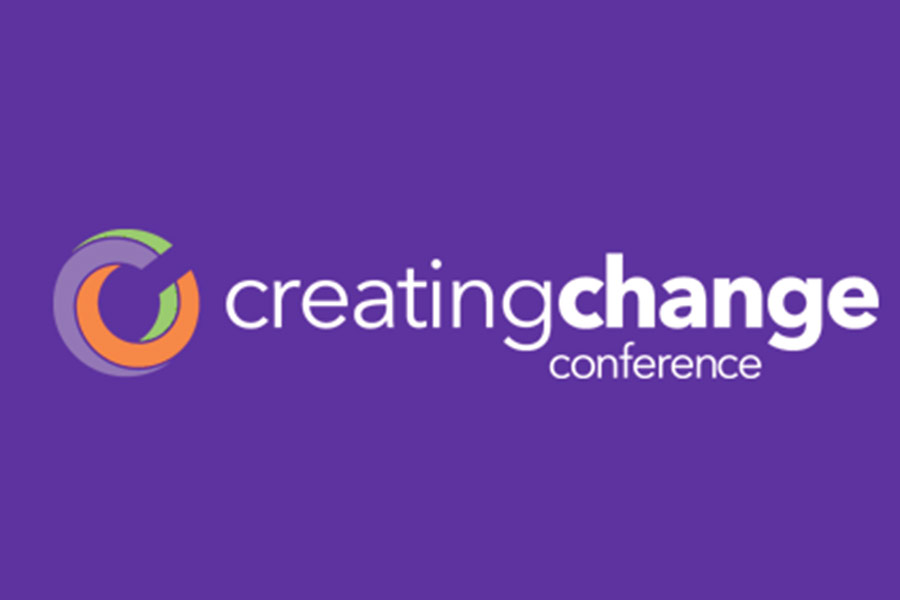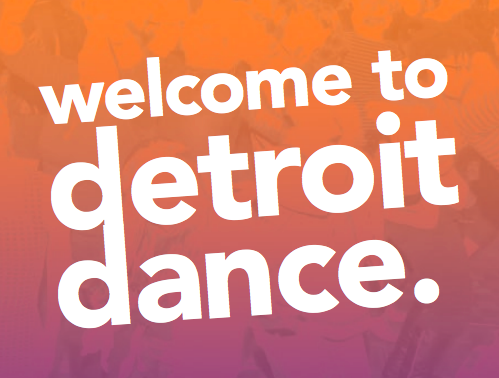Cicero is a worldwide database of legislative districts and elected officials. It powers all sorts of advocacy campaigns around the world and across the political spectrum. To keep up with trends and support our customers, we attend conferences, sit in on webinars, and keep up to date with any news related to politics and advocacy.

Last month the Cicero Team attended the Creating Change conference, hosted by The National LGBTQ Task Force. We wanted to learn more about progressive advocacy, how activists are creating change in their communities, and how the LGBTQ community is accessing political data. We learned a few things that we thought might be generally helpful to others in the political advocacy space:
Be prepared for anything
Unplanned events
Protests at an activist conference are fairly common. One of our first experiences at this conference was a takeover by an outspoken political group. They called attention to the hypocrisy of the hosting organization in its representation of different identity groups in the speaker and workshop lineup. The organizers of the conference were gracious and allowed this group to speak for over twenty minutes at the opening plenary. They expertly pivoted within the plenary to both acknowledge the protest and adjust the content of their presentation to respect the audience’s time. Disruptive events will often not go as smoothly at conferences like these. Keep an open mind for whatever might come.
Schedule and room changes
Always pay attention to announcements or updates to the schedule. I mapped out every session that I wanted to attend and added each as events to my google calendar. That way it was easy to adjust my approach for cancellations and room changes.
Pro-tip: Bring something to do in case your workshop gets canceled, or in case your conference center turns out to be a maze and you get lost en route to your session. Additionally, be sure to pack some water and a granola bar for when the snack tables and water coolers are
Plan your sessions and workshops wisely

Do your research
- Find sessions with speakers who appeal to you and your cause
- Look for workshops where they teach a hard skill or a specific knowledge set (and don’t be fooled by catchy workshop titles!)
- Stretch yourself and choose one or two sessions that are outside your wheelhouse. You might be surprised at how a new topic can spark ideas and change your perspective on something.
Schedule breaks
Conferences call for being “on” all day and expending a specific type of energy. I find that I am not my best self if I’ve been going all day long at a conference. Taking strategic breaks is key to maintaining your sanity and assuring that you get the most out of the sessions that are most relevant to your work. A practice I follow is allowing
Pay attention to language
Some of the most valuable insights I gained into this community and their advocacy work was from the plenary sessions. This time was mostly meant as a community update for activists and organizations in this space. But I found myself enraptured by the speeches and talks given by the organizers. I knew this was a rich opportunity for learning more about how to speak to this audience. I specifically paid attention to:
- Repeated words and phrases — this is language probably used by other organizations in this space that might attract supporters/advocates/constituents/customers to your site. For example, “put people and not issues at the center of the fight” resonated with many in the room.
- Upcoming legislation — cycles and press around specific legislation could be a good time to reach out to constituents
- Specific organizations mentioned from the stage — they could be potential partners
Make connections
Some of the most valuable takeaways from conferences can be the connections you make with other attendees. If you do your research and shape the sessions and workshops you attend to be in line with the type of work you do, then you are likely to see repeat neighbors in successive sessions. These neighbors could be your partners, allies, customers, or fellow advocates. Pay attention to the people in the seats around you, listen to their stories, and when possible, trade information so you can keep brainstorming together long after the conference is over.
Be strategic about meeting exhibitors as well. Not only should you stock up on all the swag (who else is still using that branded chapstick from last year’s conference?), you should also make connections with people who represent like-minded organizations, or offer tools or services that can make your life easier. If you’ve got the time, research exhibitors ahead of the conference to get a feel for who will be in the room and who will be most advantageous to connect with.
Pro tip: To avoid crowds and get more one-on-one time with exhibitors, skip the exhibit space at lunch. Instead, go first thing in the morning, or during
Have fun
This conference, in particular, offered up opportunities for a fun time. There were dances, drag shows, cruises, receptions, yoga retreats, and more. The organizers understood that a conference should inform your work, but also give you a reprieve from it as well.

Take advantage of the “organized fun” events. These can be great opportunities for networking. Better yet, if the organized events aren’t doing it for you, or there aren’t as many, go out and plan some of your own fun. Hit up some of the connections you made and venture off-site. This will not only give you a much-needed break from conference world, but also allow you to share an experience together that will build on your relationship and make partnering down the road more likely.

Finally, take time to appreciate the city you’re in. Whether it’s with a colleague, a new friend, a potential customer, or on your own, make sure you save time to explore the community that’s hosting you for a few days. I went to Detroit in January for this conference — a terrible combination if you’re wanting to step outside, ever — but I still managed to see a little of this frozen city. I strongly believe that the best way to get to know a place is through its food. Detroit, and it’s many “Detroit-style” foods, was no exception. I had some of the most delicious pizza ever and explored the mystery that is Detroit Coney dogs. I can’t wait to go back for more.
Conferences can involve long, tiring days. Make sure you are taking time to unwind, recharge, and get out of the conference building itself.
If you’ve attended an activist conference recently, or do advocacy on a regular basis, we’d love to talk to you. Reach out if you have thoughts, and visit our website to learn more about what we do.
